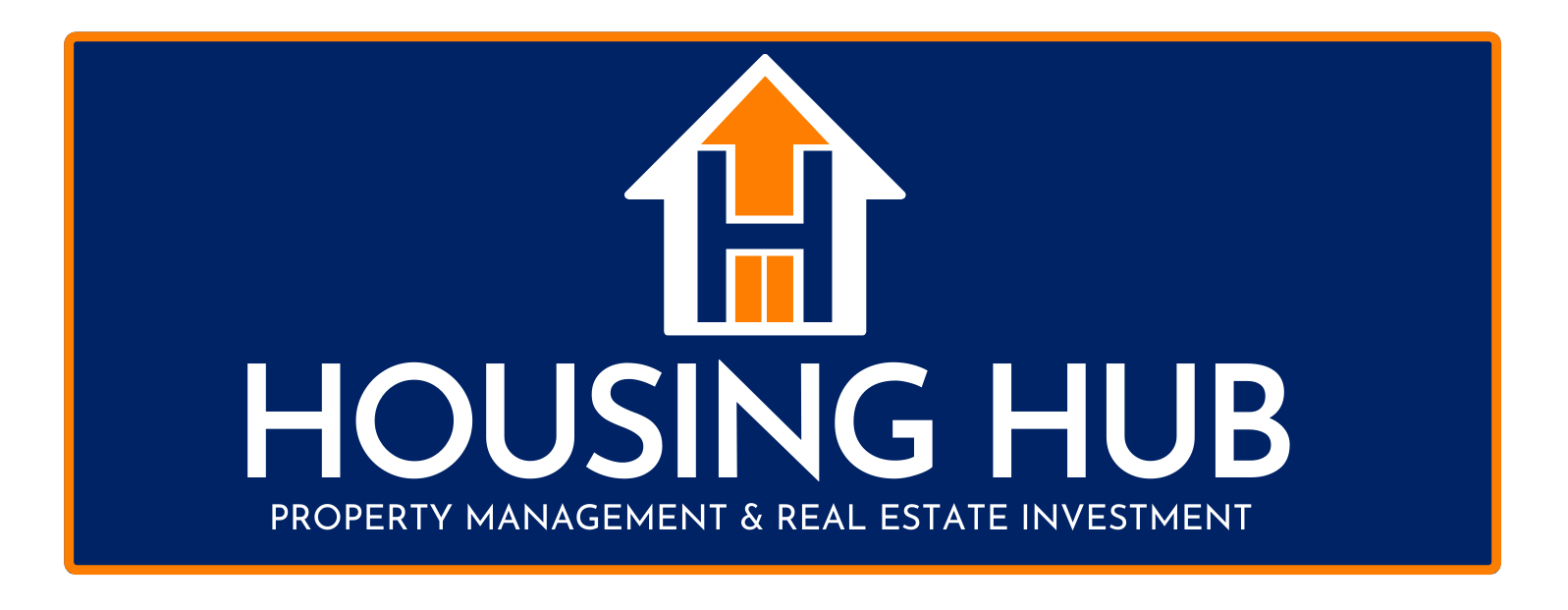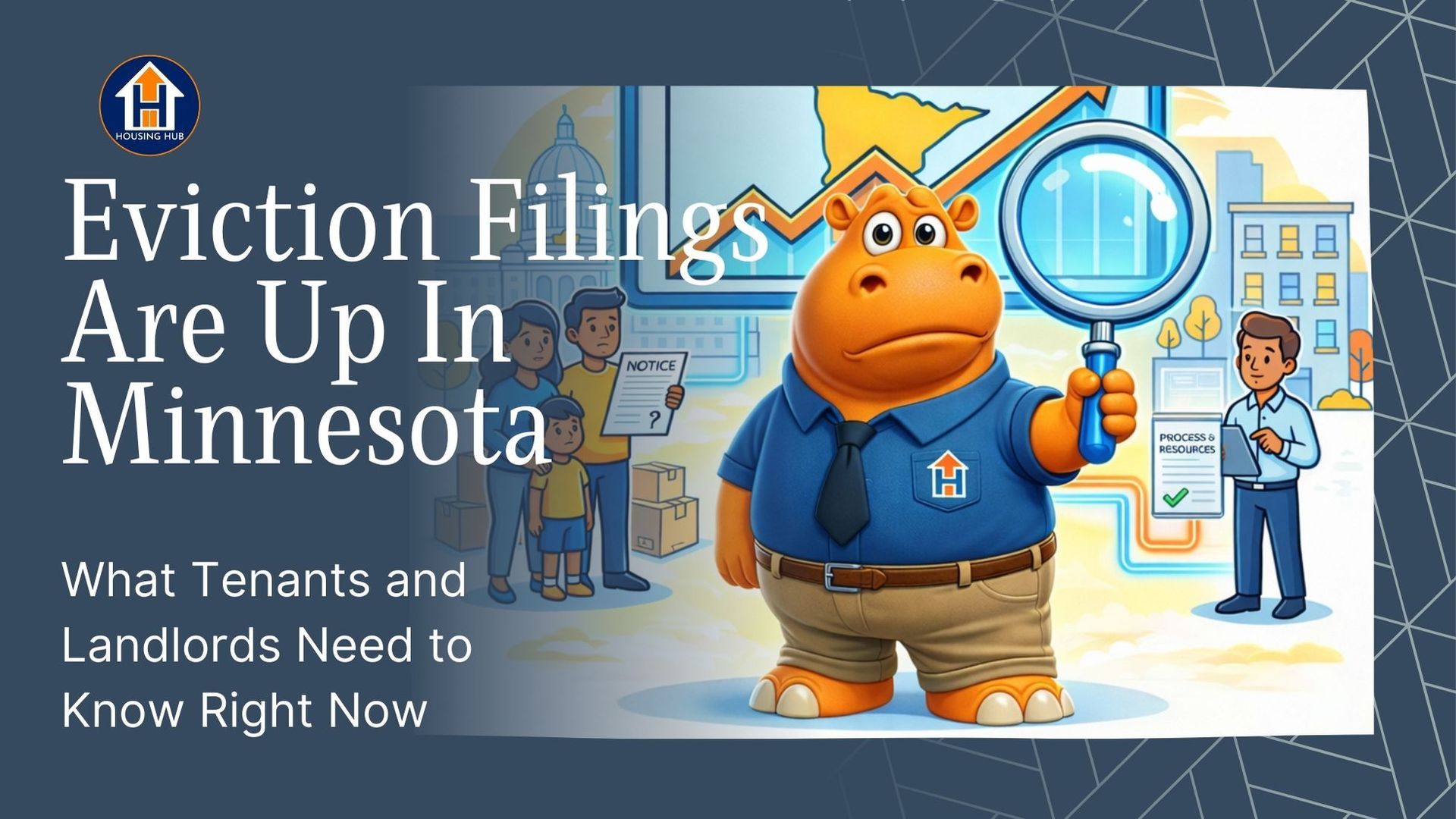2024 Twin Cities Rental Market Trends
The rental market in Minneapolis and St. Paul is always evolving, and 2024 is no exception. Understanding the latest trends can help both property owners and tenants make smart decisions. Whether you are looking to rent a new place or considering how to maximize your rental income, staying informed is key.
Minneapolis and St. Paul have unique factors that shape their rental markets. From the influence of local economics to changes in population patterns, several elements come into play. Rent control laws add another layer of complexity, impacting how rents can be set and raised.
Knowing where to rent is equally important. Different neighborhoods offer various amenities and vibes, fitting different lifestyles and preferences. Some areas are emerging as popular spots due to their affordability, access to amenities, and community feel. Lastly, it's essential for both property owners and tenants to have practical tips for navigating the rental market. Smart strategies can lead to better deals and more profitable investments.
Overview of the 2024 Rental Market in Minneapolis & St. Paul
The rental market in Minneapolis and St. Paul is experiencing interesting shifts in 2024. Rents have shown a steady increase, making affordability a primary concern for many tenants. Vacancy rates have remained low, which suggests a high demand for rental properties. This is partly due to a growing population and more people choosing to rent rather than buy homes.
Several key factors are influencing the market conditions. First, the recovery of the local economy has brought more job opportunities, attracting new residents to the Twin Cities. Additionally, rising costs of home ownership have pushed more individuals to consider renting as a more viable option. Seasonal changes also play a role, with more movement and demand for rentals during the summer months.
Beyond economic factors, social changes are shaping the rental landscape. There is an increasing demand for flexible lease terms and a preference for rentals with modern amenities. Well-maintained properties with features like in-unit laundry, updated kitchens, and pet-friendly policies are in higher demand. These preferences are influencing how property owners manage and advertise their rentals.
Rent Control and Its Impact on the Rental Market
Rent control laws in Minneapolis and St. Paul are designed to keep housing affordable for residents. These laws place limits on how much rents can be increased annually. In St. Paul, for example, landlords are restricted to a 3% cap on annual rent hikes unless they can prove significant property cost increases. Minneapolis has also proposed similar measures to control rent inflation.
These laws have a substantial impact on both property owners and tenants. For tenants, rent control offers stability and predictability. They can plan their finances better, knowing their rent won’t skyrocket unexpectedly. However, for property owners, these laws can pose challenges. Limited rent increases may make it harder to cover rising maintenance costs and property taxes.
Despite these challenges, rent control can benefit property owners if managed wisely. Maintaining good relationships with tenants can lead to longer lease agreements and fewer vacancies. Property owners are also finding ways to creatively manage costs by improving efficiency and reducing unnecessary expenses. Balancing compliance with rent control laws while maintaining profitability requires careful planning and adaptability.
Neighborhood Spotlights: Where to Rent in 2024
Several neighborhoods in Minneapolis and St. Paul are becoming popular rental choices in 2024. Each offers unique benefits and caters to different lifestyles.
Trending Neighborhoods in Minneapolis:
1. North Loop: This area is known for its vibrant nightlife and proximity to great restaurants. It's a perfect spot for young professionals who enjoy city life.
2. Northeast Minneapolis: An artsy neighborhood with lots of galleries and coffee shops. This area is great for creative types and those who appreciate culture.
3. Uptown: Full of lakes and parks, Uptown is ideal for nature lovers. It also has plenty of shopping and dining options.
Trending Neighborhoods in St. Paul:
1. Lowertown: This area is bustling with activity and has a great farmers' market. It's perfect for those who like an urban feel without the hectic pace.
2. Highland Park: Known for its quiet streets and family-friendly environment. It also boasts several parks and good schools.
3. Macalester-Groveland: Close to universities, this neighborhood is vibrant and full of students. It's great for academics and those who enjoy a lively community atmosphere.
Pros and Cons of Renting in These Areas:
- North Loop: Pros – energetic environment, close to downtown. Cons – can be noisy and more expensive.
- Northeast Minneapolis: Pros – artistic vibe, affordable. Cons – farther from downtown.
- Uptown: Pros – green spaces, active lifestyle. Cons – higher rental prices.
- Lowertown: Pros – vibrant, lots of amenities. Cons – crowded and busy.
- Highland Park: Pros – peaceful, family-oriented. Cons – fewer nightlife options.
- Macalester-Groveland: Pros – youthful energy, community feel. Cons – can be noisy with students.
Tips for Property Owners and Tenants Navigating the 2024 Rental Market
Navigating the rental market requires some strategies to make the most of opportunities available.
For Property Owners:
1. Set Competitive Prices: Research nearby rentals to price your property attractively. Being slightly below market rate can fill vacancies faster.
2. Enhance Property Appeal: Simple upgrades like fresh paint, updated fixtures, and clean landscaping can make your property more attractive to potential tenants.
3. Stay Informed on Regulations: Keep up with local laws to ensure compliance. This includes understanding rent control and tenant rights.
For Tenants:
1. Start Your Search Early: Begin looking several months before your current lease ends. This gives you a better chance to find a place that meets your needs.
2. Check All Costs: Look beyond just the rent. Consider utilities, parking, and other fees to get a complete picture of what you'll be paying.
3. Inspect Properties Thoroughly: When viewing properties, check for any damage or issues. Addressing these before signing can save you trouble later.
Conclusion
Navigating the rental market in Minneapolis and St. Paul in 2024 involves understanding current trends, rent control impacts, and choosing the right neighborhood. Whether you're a property owner aiming to attract tenants or a renter seeking the ideal home, wise decisions can make a significant difference.
For property owners, staying competitive and compliant with local laws ensures a smooth rental experience. Tenants benefit from early, thorough searches to secure the best deals. Both parties can enjoy a harmonious rental journey by understanding the market landscape and available opportunities.
If you're looking for expert guidance in managing your rental property or finding the perfect rental home, Housing Hub is here to assist. Our team is dedicated to helping you navigate the Twin Cities rental market effortlessly. Contact our housing rental company today to make your rental experience successful and stress-free!






